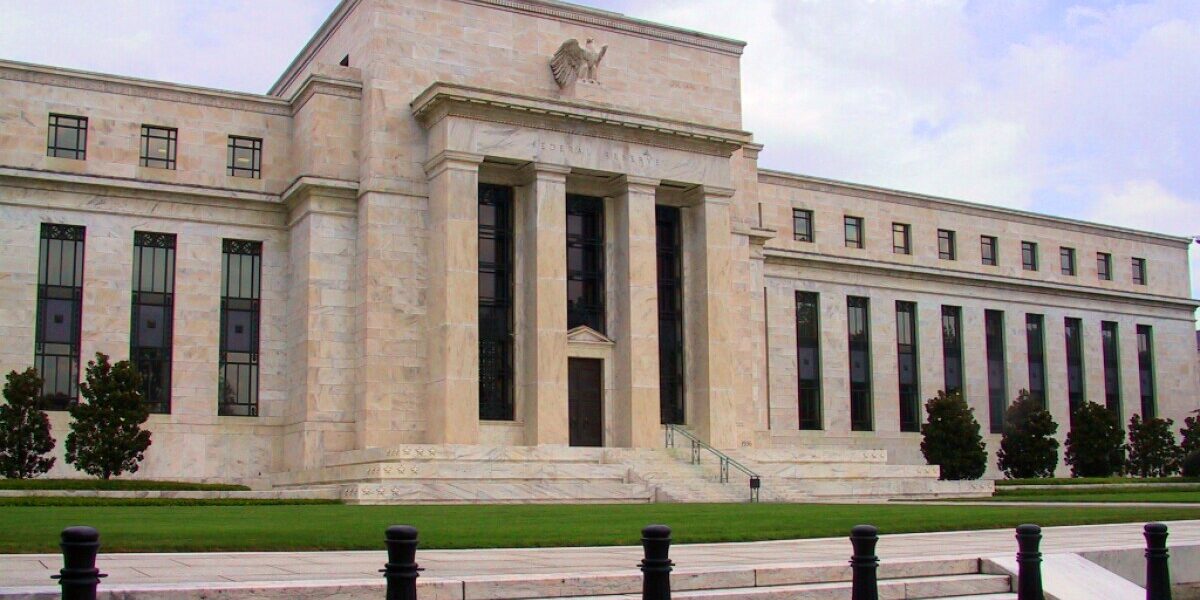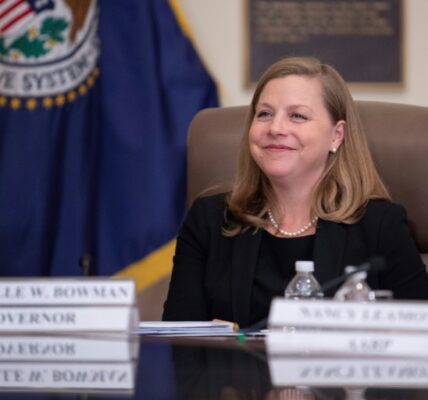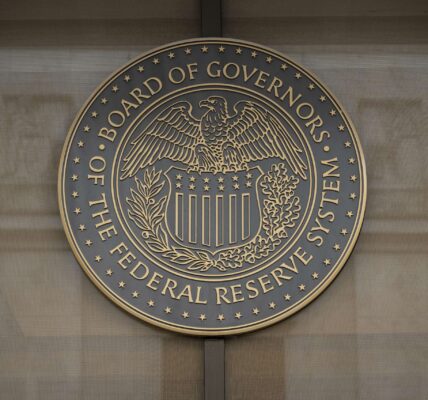The Federal Reserve is open to changing its
On Monday, the Fed said it would ask the public for input next year on how to make the
In its announcement, the central bank cited recent legal developments as the impetus for the review.
“The framework of administrative law has changed significantly in recent years,” the Fed stated. “The board analyzed the current stress test in view of the evolving legal landscape and determined to modify the test in important respects to improve its resiliency.”
Mandated by the Dodd-Frank Act of 2010, the Fed tests the nation’s largest banks each year to determine if they have enough capital to withstand a negative economic shock. The
As part of the comment period, the Fed intends to disclose the models it uses to estimate hypothetical bank losses and revenues under stress to allow for public commentary on them. It is also considering averaging stress-test results over a two-year period to reduce the volatility of its resulting capital charges and allowing public commentary on scenarios ahead of each test.
The issues raised and potential changes track closely with reforms called for by Fed Gov. Michelle Bowman in a
“It is important that regulators consider the lessons learned from past tests and feedback from banks and other members of the public to ensure that stress testing is fair, transparent and more useful going forward,” Bowman said in September.
It has been years since a bank has “failed” the stress test — which happens when a bank’s common equity tier 1 capital falls below 4.5% as result of the hypothetical scenario — yet many banks have seen steadily greater stress capital buffers because their projected losses increase from one year to another.
This paradox of passing the test but still seeing greater capital charges has frustrated the Bank Policy Institute and other large bank interest groups. These organizations have called on the Fed to make its testing methods more transparent so banks know what they are up against, arguing that not doing so violates the Administrative Procedure Act.
BPI President and CEO Greg Baer issued a statement Monday afternoon calling the notice-and-comment period a step in the right direction.
“Since 2019, BPI has expressed fundamental concerns about the Federal Reserve’s stress-testing process. Inaccuracy in testing historically has produced excessive capital charges that have reduced lending and economic growth,” Baer said. “The board’s announcement today is a first step towards transparency and accountability. We are reviewing it closely and considering additional options to ensure timely reforms that are both good law and good policy.”
Industry groups have not threatened litigation on the matter, but their prospects in a potential lawsuit have improved significantly in recent years, thanks to several key Supreme Court decisions that have upended decades-long norms in the administrative law space.
This year’s ruling in Loper Bright Enterprises v. Raimondo ended the practice known as
Another pivotal ruling came in 2022 in the West Virginia v. EPA case, which created a framework known as the “major questions doctrine.” The legal principle prohibits agencies from making decisions of “vast economic and political importance” without authorizing legislation.
Other, more banking-centric cases have also yielded critical decisions, including Corner Post Inc. vs. Federal Reserve Board, which extends the window within which companies can challenge regulatory rulemakings.
Yet, while bank groups have insisted that transparency will make the stress tests more effective, consumer advocates and
Any changes that result from the comments would not apply to next year’s stress test, which has been in development for months and will soon be used to evaluate large banks. They also will not apply to scenario testing that is not related to specific capital charges.
“The Board will continue its exploratory analysis, which assesses additional risks to the banking system in ways that are separate from the stress test,” the Fed stated. The analysis would be used to inform bank supervision and financial stability assessments. It will continue to be disclosed in aggregate and not affect bank capital requirements.”
The Fed did not specify precisely when it will initiate the notice-and-comment period on stress testing, only noting that it would happen in the “early part of 2025.” It also did not specify how long the comment period would be open.





